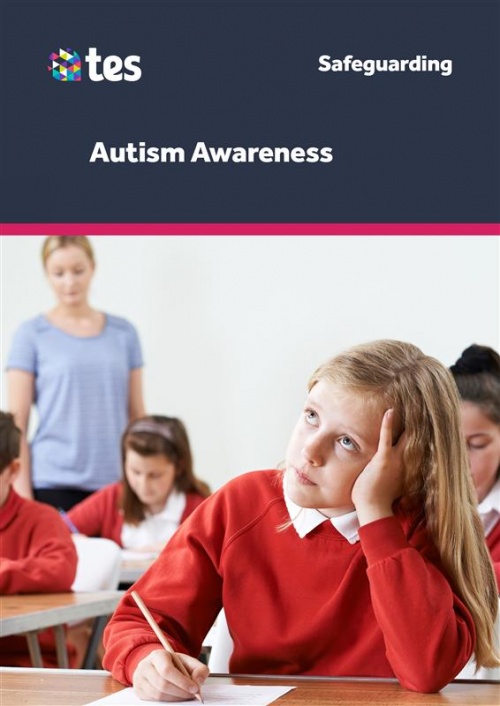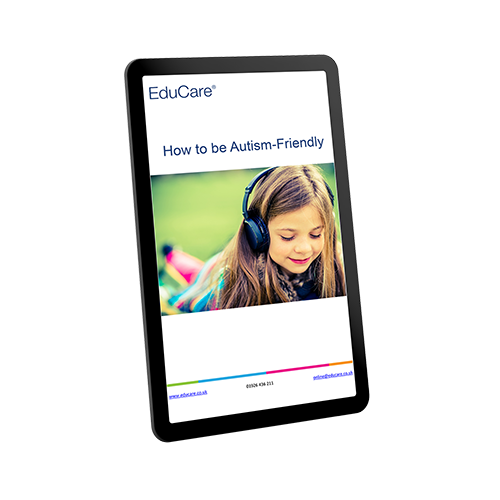
Autism Awareness Week: We can help you to support children with autism
To support The National Autistic Society’s biggest fundraiser of the year, EduCare is offering free SEND Awareness training during Autism Awareness Week.
Our Autism Awareness training course has been written in partnership with SEND specialists, Connect. The course explains that pupils with autism benefit from structured learning activities that have clear objectives with each session divided into short, focused tasks.
SEND Awareness training package
Our course on autism is included in a small package of SEND courses that is available to purchase as an addition to EduCare for Education® - our complete safeguarding and duty of care e-learning service for the education sector. Other courses in the package include Dyslexia Awareness and ADHD Awareness.
As part of our activity to support Autism Awareness Week, we are offering the SEND package for free when new customers sign up to the EduCare for Education® service during Autism Awareness Week, 26 March to 2 April 2018.
Get in touch to find out more
Related content:
Autism Awareness
This course provides an overview of Autism for those that work with children and young people in education. It covers what autism is, its prevalence and causes, how it is diagnosed and the implications for pupil learning.
Read moreAutism Awareness
After completing this course you will:
- understand what autism is
- know the terminology used to describe autism
- learn about the prevalence of autism
- understand how autism is diagnosed
- be able to identify the indicators that may suggest the presence of autism
- recognise the ways that autism can affect learning
- understand how to report concerns about autism
- have learnt tips for an autism-friendly approach in classroom environments.
SEND Awareness Courses - Dyslexia, ADHD, Autism
SEND Awareness contains three one-module courses, written in partnership with Connect.
- Autism Awareness - covers what autism is, its prevalence and causes, how it is diagnosed and the implications for pupil learning.
- Dyslexia Awareness - provides an overview of dyslexia and visual stress for those that work with children and young people.
- ADHD Awareness - covers the causes, prevalence, symptoms and diagnosis through to treatment and how to support children with ADHD.
SEND Awareness Courses - Dyslexia, ADHD, Autism
Written in partnership with Connect, SEND Awareness includes three one-module courses designed to provide an overview of Autism, Dyslexia, and ADHD for those working in education.
Read moreAutism Awareness
After completing this course you will:
- understand what autism is
- know the terminology used to describe autism
- learn about the prevalence of autism
- understand how autism is diagnosed
- be able to identify the indicators that may suggest the presence of autism
- recognise the ways that autism can affect learning
- understand how to report concerns about autism
- have learnt tips for an autism-friendly approach in classroom environments.
SEND Awareness Courses - Dyslexia, ADHD, Autism
SEND Awareness contains three one-module courses, written in partnership with Connect.
- Autism Awareness - covers what autism is, its prevalence and causes, how it is diagnosed and the implications for pupil learning.
- Dyslexia Awareness - provides an overview of dyslexia and visual stress for those that work with children and young people.
- ADHD Awareness - covers the causes, prevalence, symptoms and diagnosis through to treatment and how to support children with ADHD.
How to be Autism-Friendly
Autism is a spectrum condition meaning that individuals will share certain difficulties, but their condition will affect them in different ways.
Read more


